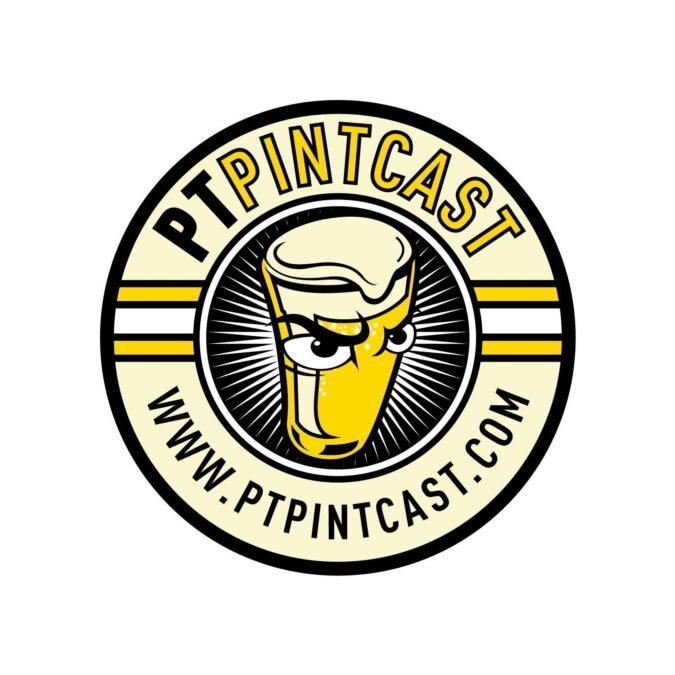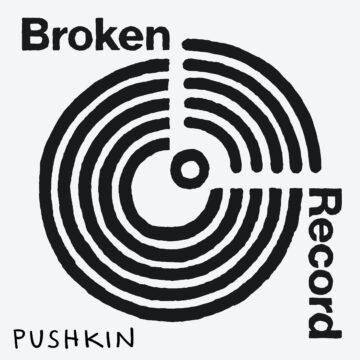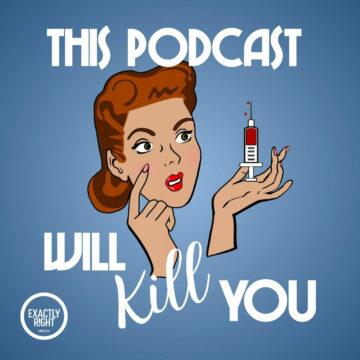All you need to know about #Cancerrehab!!
We have Amy Compston, Dan Steventon, Chris Barnes, and Scott Kramer all physical therapists working, leading, and educating in the world of oncology physical therapy.
The hidden themes for this episode:
* Read the room and the patient* Know how treatment impacts function* Have the foresight and leadership to speak up, reach out and make an impact
In this field, Amy believes physical therapists should be an advocate for their patients and not setting limits on treatment. To be a successful leader, you should take even the smallest of opportunities and keep refining your skills.
Dan created a Youtube channel called The Kids Cancer PT to provide education and encouragement to those affected by childhood cancer. Top tools treating the pediatric oncology population include having a thorough chart review and a strong research base.
As a PhD candidate, Chris is working on the precision exercise prescription study which is a model to incorporate PT into the oncology team and improve the long term outcomes after lung cancer. Chris discusses how the oncology population is affected in relation to DEI.
Scott describes his role and adaptability when working with hematological and bone marrow transplant patients. He encourages body weight resistance to treatment when appropriate.
PARTING SHOT
“Every person you come across in your clinic, forging that bond. Getting to know those people so that we can help make physical therapy not just a point in the cancer continuum but a cornerstone and enveloped in the whole entire patient experience.”Amy Compston
“If you are experiencing that or ever struggle with that burnout as a PT, as a provider, really dive into it. Sometimes you need to dive in harder than you thought you were going because that is your way out.”Scott Kramer
“If a kid with cancer invites you into their world, brighten that world.”Dan Steventon
“As PTs, we are rigid. We fight for what we want to do. To mature as a profession, we need to meet people for where they are.” Chris Barnes









